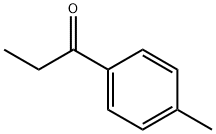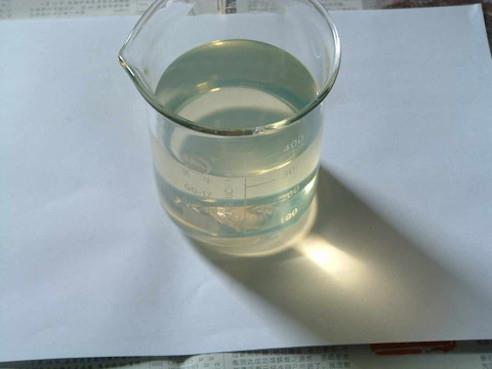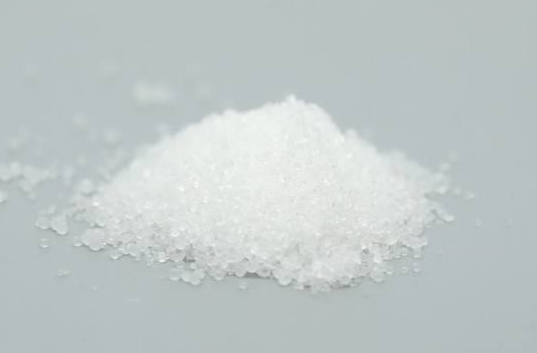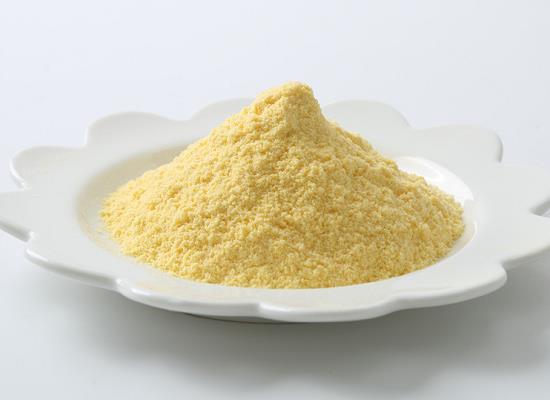4'-Methylpropiophenone: A Key Intermediate in Organic Synthesis – Properties, Applications, and Safe Handling
4'-Methylpropiophenone, also known as 1-(4-methylphenyl)-1-propanone or 4-Methyl-1-phenyl-2-propanone, is an organic compound that has garnered attention in the chemical industry due to its applications in various fields, particularly in the synthesis of pharmaceuticals. As a crucial intermediate compound, 4'-Methylpropiophenone has significant industrial and research utility.
Introduction
4'-Methylpropiophenone is a colorless to pale yellow liquid with a distinctive aromatic odor, often used as an intermediate in organic synthesis. Its chemical formula is C10H12O, with a molecular weight of 148.2 g/mol. The compound is predominantly employed in the synthesis of pharmaceutical products, but it also finds uses in other industrial sectors such as perfumes and agrochemical production.
Despite its relatively simple structure, the compound plays a pivotal role in the synthesis of more complex molecules, especially in the pharmaceutical industry. It is important to recognize both the potential benefits and safety precautions associated with handling this compound, as improper usage or storage can lead to hazardous situations.
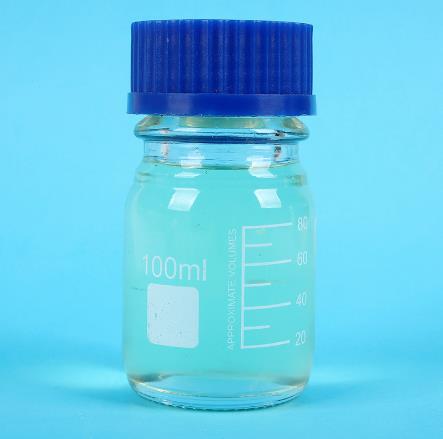
Figure 1 Characteristics of 4'-Methylpropiophenone
Properties of 4'-Methylpropiophenone
The chemical and physical properties of 4'-Methylpropiophenone are essential to understanding its role in industrial processes and how to handle it safely. Below are some key properties of the compound:
Molecular formula: C10H12O
Molecular weight: 148.2 g/mol
Appearance: Colorless to pale yellow liquid
Density: 1.004 g/mL at 25°C
Boiling point: 238–239°C
Flashpoint: 102°C (closed cup)
Solubility: Slightly soluble in water; miscible with organic solvents like ethanol, acetone, and chloroform.
The boiling point of 4'-Methylpropiophenone makes it a relatively stable compound under normal laboratory conditions, though care must be taken when dealing with it at higher temperatures to prevent hazardous situations. Its slight solubility in water limits its direct application in aqueous systems but allows for greater flexibility in organic solvent-based reactions.
Main Components and Synthesis
4'-Methylpropiophenone can be synthesized via a Friedel-Crafts acylation reaction, which involves the reaction of toluene (C7H8) with propionyl chloride (C3H5ClO) in the presence of a Lewis acid catalyst, typically aluminum chloride (AlCl3). This reaction is straightforward and efficient, making it a popular method for producing the compound at scale.
The reaction mechanism proceeds through the formation of an acylium ion from propionyl chloride, which then undergoes electrophilic substitution at the para position of toluene, yielding 4'-Methylpropiophenone as the primary product.
Applications of 4'-Methylpropiophenone
The most prominent application of 4'-Methylpropiophenone is as a key intermediate in the synthesis of pharmaceuticals, especially in the production of drugs and compounds that require a phenylpropanone backbone. Its structural simplicity, combined with its reactivity, makes it a versatile building block for more complex organic molecules.
Pharmaceuticals:
4'-Methylpropiophenone is an essential precursor in the production of certain psychotropic drugs. In some cases, it has been used in the illegal synthesis of controlled substances, raising the need for stringent regulatory oversight in its handling and distribution. However, in legitimate pharmaceutical production, it plays a critical role in the synthesis of painkillers, stimulants, and other therapeutic agents.
Perfume Industry:
Due to its aromatic nature, 4'-Methylpropiophenone is sometimes used in the fragrance industry to create specific scents or to act as a fixative, helping fragrances maintain their stability and longevity.
Agrochemicals:
It also finds applications in the agrochemical industry, where it serves as an intermediate in the synthesis of pesticides and herbicides. The compound’s reactivity with other organic compounds enables the creation of more complex molecules tailored to pest control.
Chemical Research:
In organic chemistry laboratories, 4'-Methylpropiophenone is used as a reagent in the development of new synthetic pathways. Its relatively simple structure allows chemists to explore various reaction mechanisms and create novel compounds with potential pharmaceutical or industrial applications.
Storage and Handling
Proper storage and handling of 4'-Methylpropiophenone are crucial to ensure safety in both industrial and laboratory settings. As with any chemical, improper storage can lead to degradation of the compound or, worse, hazardous situations.
Storage Conditions:
4'-Methylpropiophenone should be stored in a cool, dry, and well-ventilated area. Exposure to heat or light can cause the compound to degrade or oxidize, so it is recommended to keep it in a sealed container, preferably one made of glass or chemically resistant plastic. The container should be stored away from incompatible substances such as strong acids, bases, or oxidizing agents to prevent adverse reactions.
Handling Precautions:
When working with 4'-Methylpropiophenone, personal protective equipment (PPE) such as gloves, goggles, and lab coats should be worn to avoid skin contact or inhalation. The compound should only be handled in well-ventilated areas or under a fume hood to minimize exposure to potentially harmful vapors.
Spill and Disposal:
In case of a spill, the area should be well ventilated, and the material should be absorbed using an inert material like sand or vermiculite. The contaminated material should then be placed in an appropriate waste disposal container. It is essential to follow local regulations for the disposal of hazardous chemicals when dealing with 4'-Methylpropiophenone.
Conclusion
4'-Methylpropiophenone is a vital chemical in various industries, particularly in pharmaceutical synthesis. Its reactivity and stability make it an excellent intermediate compound for creating more complex molecules, while its applications extend into the fragrance and agrochemical sectors. However, handling this compound requires strict adherence to safety protocols to avoid exposure to harmful vapors or unintended reactions.
[1] Zhao, Shu-Feng, et al. "Alkaloid induced asymmetric electrocarboxylation of 4-methylpropiophenone."Tetrahedron letters52.21 (2011): 2702-2705.
[2] Karunakaran, V., and V. Balachandran. "Experimental and theoretical investigation of the molecular structure, conformational stability, hyperpolarizability, electrostatic potential, thermodynamic properties and NMR spectra of the pharmaceutical important molecule: 4′-Methylpropiophenone."Spectrochimica Acta Part A: Molecular and Biomolecular Spectroscopy128 (2014): 1-14.
References:
[1] SHU-FENG ZHAO. Alkaloid induced asymmetric electrocarboxylation of 4-methylpropiophenone[J]. Tetrahedron Letters, 2011, 52 21: 2611-2794. DOI:10.1016/j.tetlet.2011.03.076.[2] V. KARUNAKARAN V B. Experimental and theoretical investigation of the molecular structure, conformational stability, hyperpolarizability, electrostatic potential, thermodynamic properties and NMR spectra of pharmaceutical important molecule: 4′-Methylpropiophenone[J]. Spectrochimica Acta Part A: Molecular and Biomolecular Spectroscopy, 2014, 128: 1-906. DOI:10.1016/j.saa.2014.02.155.
Related articles And Qustion
Lastest Price from 4'-Methylpropiophenone manufacturers
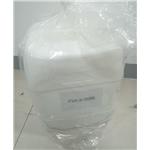
US $1.00/box2025-11-05
- CAS:
- 5337-93-9
- Min. Order:
- 1box
- Purity:
- 99.2
- Supply Ability:
- 20tons
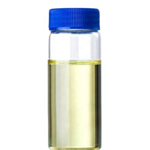
US $30.00-6.00/kg2025-11-03
- CAS:
- 5337-93-9
- Min. Order:
- 1kg
- Purity:
- 99%
- Supply Ability:
- 300tons
